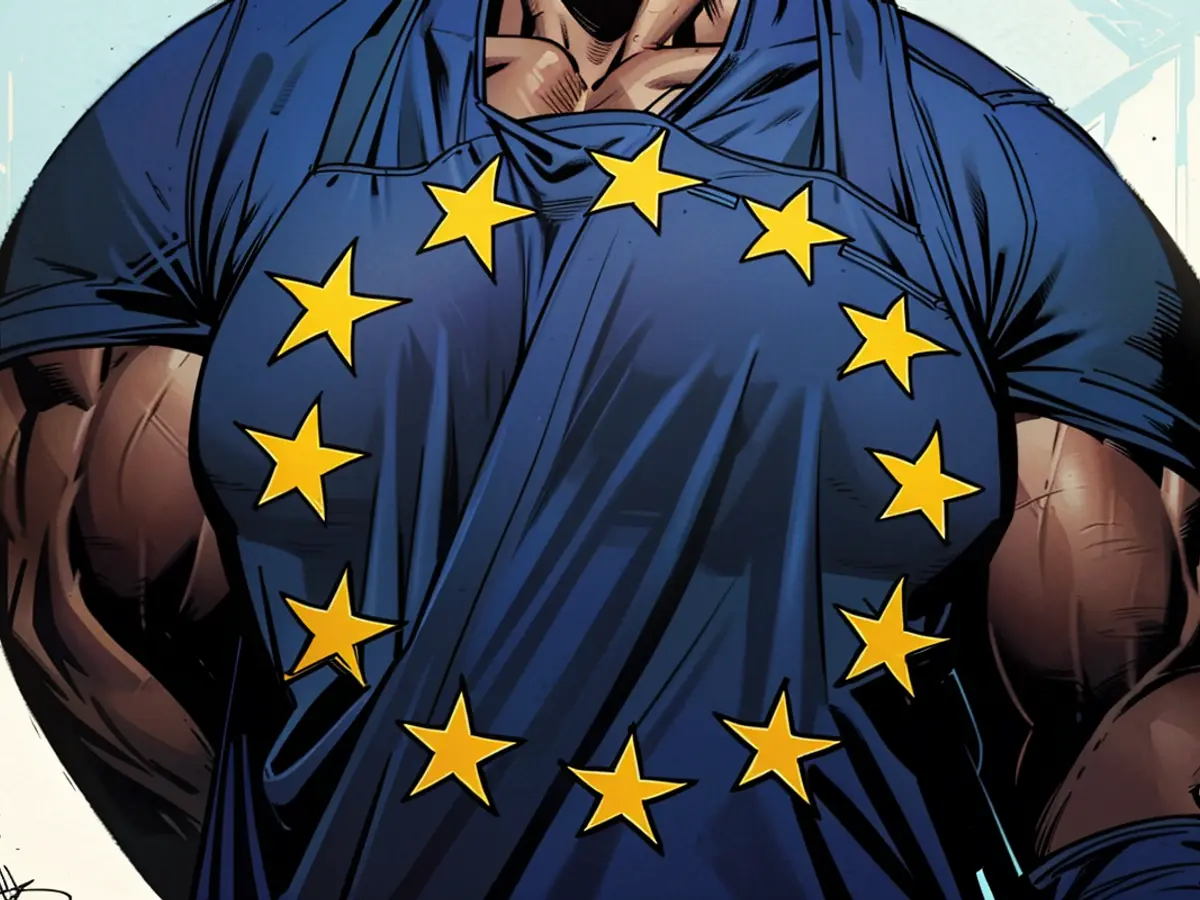Balloting events. - Cast your votes in the European elections; stations are now open in the Netherlands.
The European elections have started, and today, polling centres opened in the Netherlands. An estimated 13.5 million people can cast their votes there for representatives in the European Parliament. Results indicate a swing to the right, with the Dutch right-wing populist Geert Wilders' Party for Freedom (PVV) expected to be the front-runner.
Over the coming days, citizens of the other 26 EU countries will have their chance to vote. After the Netherlands, Ireland and the Czech Republic will follow, followed by Italy, Latvia, Malta, and Slovakia.
On Sunday, most eligible citizens, including Germans, will head to the voting booths. Polling stations in Germany, like in previous federal elections, will be open from 8 AM to 6 PM. For the first time, German 16-year-olds are permitted to vote in a European election.
The outcome of this election will significantly impact future laws within the EU. Past initiatives, such as banning incandescent bulbs or passing controversial nature and climate protection laws, required parliamentary approval. The parliament also plays a significant role in allocating money, including the billion-dollar EU agricultural subsidies.
However, most laws are negotiated with the EU states and require a majority in the Council, where representatives from each country decide. The European Parliament's outcome doesn't directly affect majority relationships in this institution.
Ursula von der Leyen hopes for reelection
The composition of the EU Commission post-election can be influenced by the European Parliament. The parliament can deny nominees proposed by EU heads of state and government for commission presidency.
If current trends hold, incumbent German EU Commission President Ursula von der Leyen (CDU) is likely to land a second term. Other potential candidates like Luxembourg's Social Democrat Nicolas Schmit or German Green politician Terry Reintke face long odds. Speculation also focuses on French President Emmanuel Macron's possible nomination of former Italian prime minister, Mario Draghi, as a potential alternative to von der Leyen.
It's highly unlikely that the parliament would accept a candidate not proposed by a party family. In 2019, von der Leyen had to sweat it out in the parliament, barely securing the required votes to hold onto the position.
Initial projections for the Netherlands are expected at 9 PM tonight. Surveys suggest PVV, the anti-Islam party of populist Geert Wilders, will lead, with the red-green alliance of the Dutch Labour Party and GroenLinks coming in second. Surprisingly, PVV obtained a mere single seat at the Brussels parliament five years ago but defeated expectations and won a parliamentary election in their home country last year, forming a coalition with three other right-wing parties.
German polls point to a clear victory for the CDU and CSU. The AfD ranks second, followed by the SPD and the Greens. Votes will only be tallied once all EU polling stations close on Sunday.
Read also:
- In the Netherlands, people are currently casting their votes at various polling stations for the European elections.
- The Czech Republic, after the Netherlands, is one of the EU countries that will open its polling stations for the European elections.
- Geert Wilders' Party for Freedom (PVV), a right-wing populist party from the Netherlands, is expected to lead in the European elections.
- Irish and Czech citizens will also have the opportunity to vote in the upcoming European elections.
- The European Parliament elections are also taking place in Italy, Latvia, Malta, and Slovakia following the Netherlands.
- In Amsterdam, a significant number of people are expected to visit their designated polling stations to participate in the European elections.
- After five years, PVV, with Geert Wilders as their leader, aims to secure more seats in the European Parliament than they did previously.
- The parliament in the Czech Republic, Slovakia, or any other EU country plays a crucial role in approving EU laws and allocating EU funds.
- The outcome of these European elections may impact future decisions made by the European Parliament and the EU Commission, including EU Commission President Ursula von der Leyen (CDU) from Germany.
- The closure of polling stations in all EU countries, including Slovakia, Latvia, and Italy, will occur on a specific Sunday, marking the end of the European elections across Europe.








